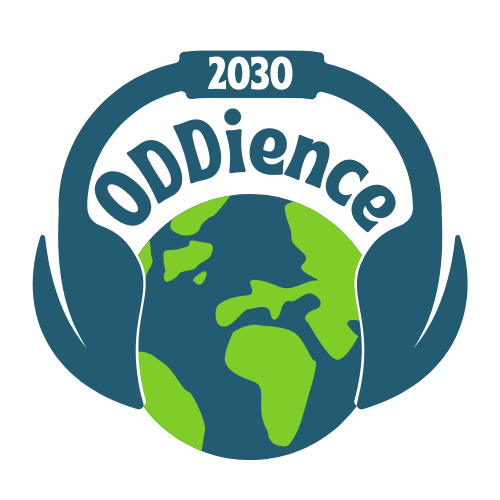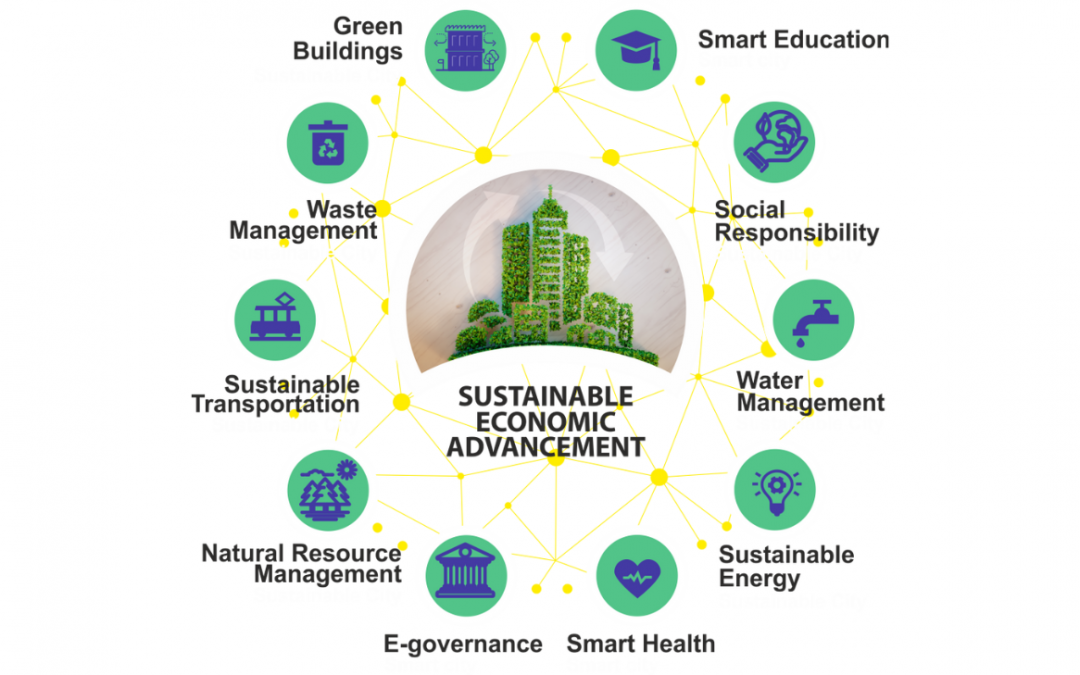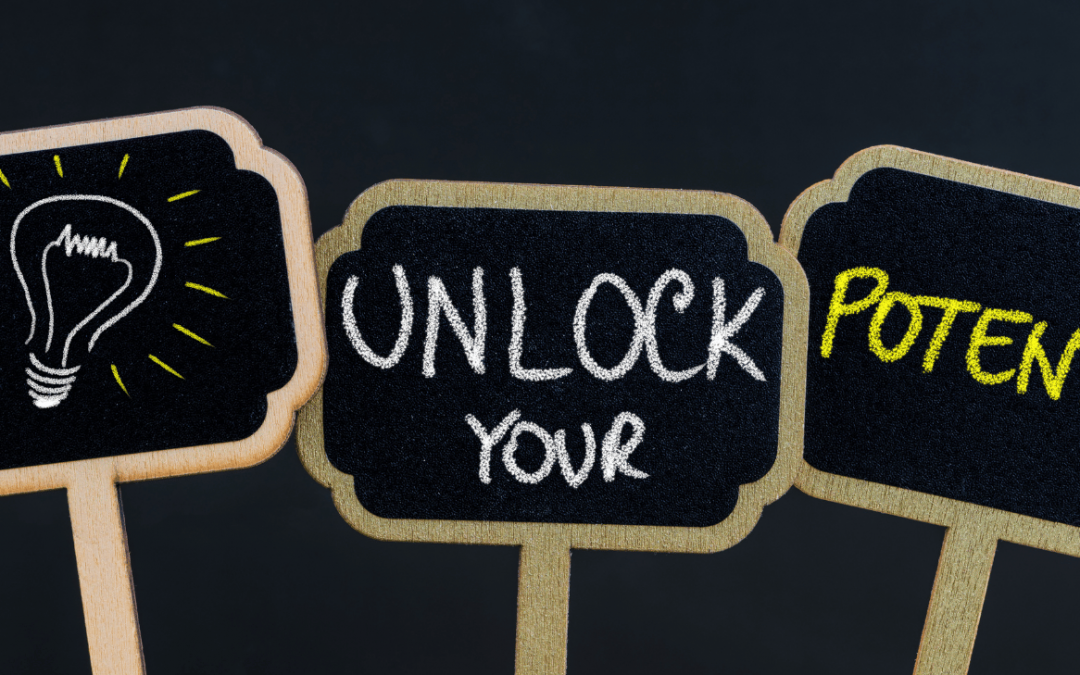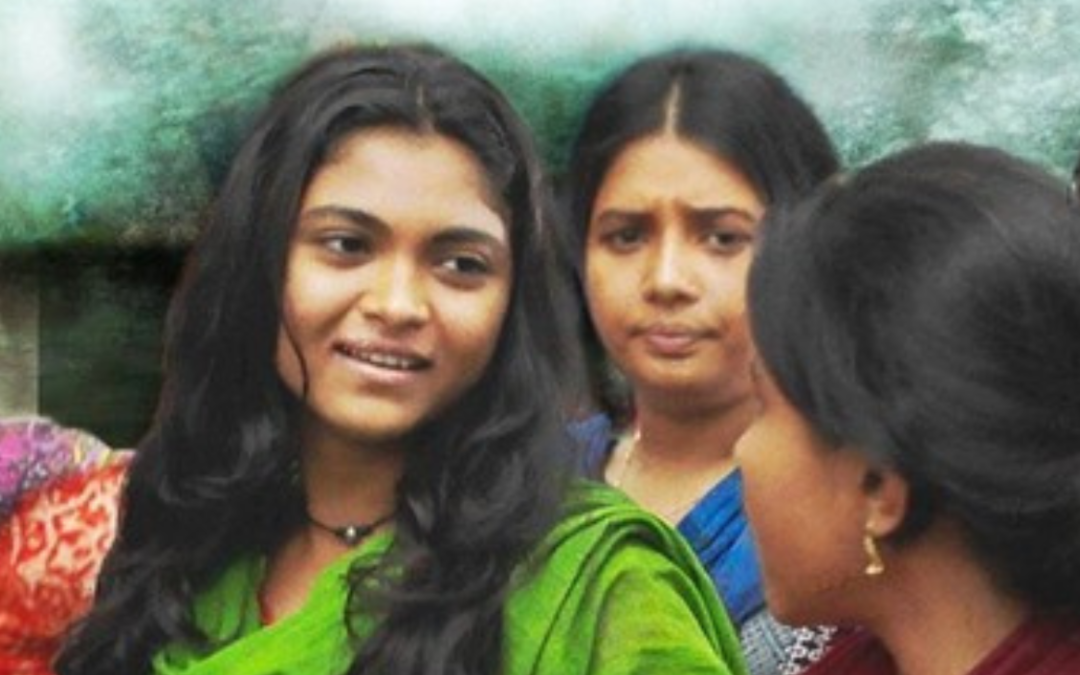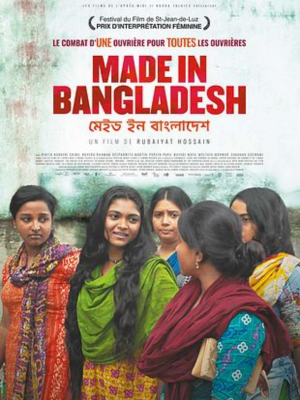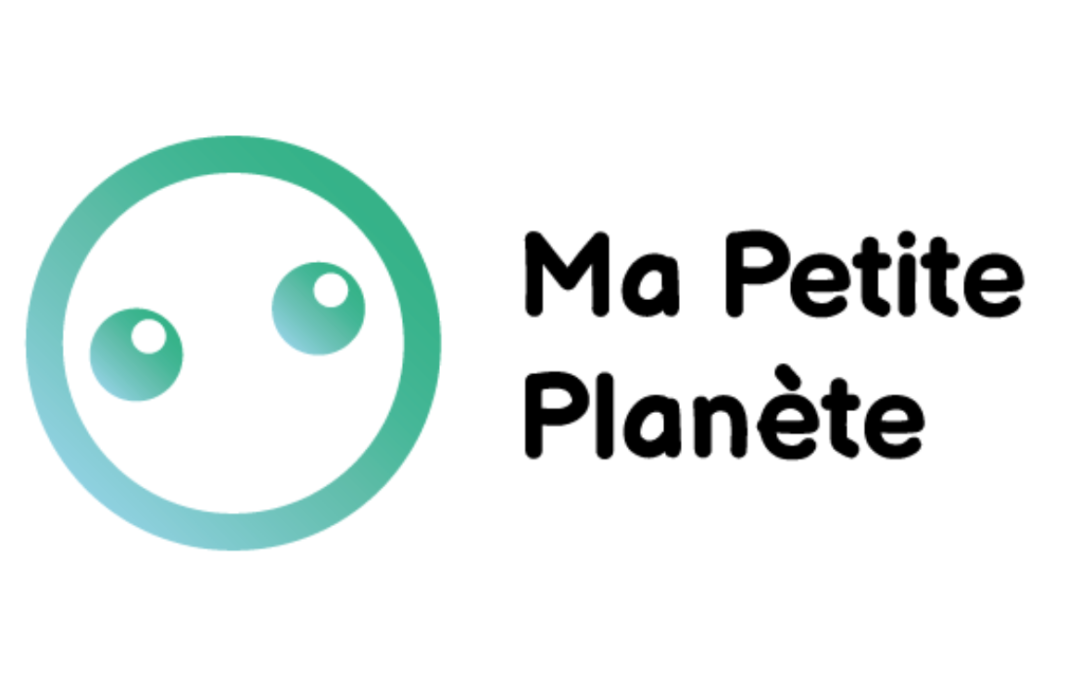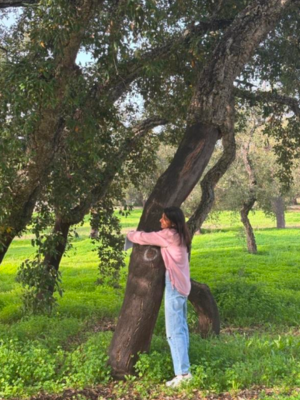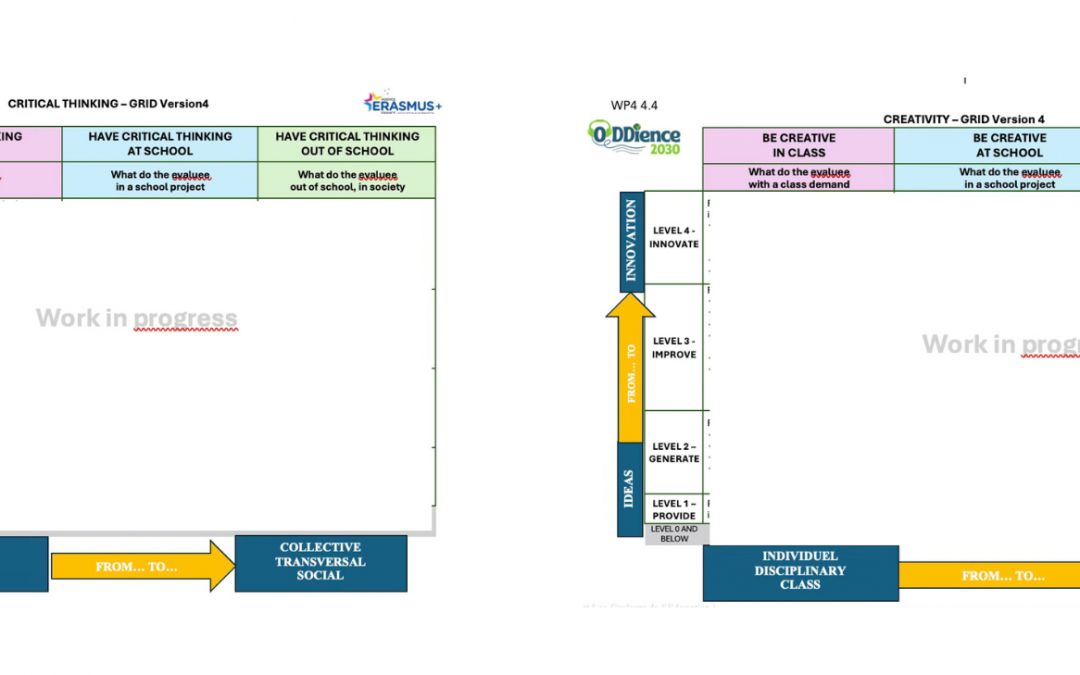
Construction de grilles d’évaluation
Par Lucile Boncompain, Les Couleurs de l’Education, conseil et formation
Améliorer l’esprit critique des élèves et les rendre plus créatifs
L’esprit critique et la créativité ont longtemps tenu une place implicite dans l’éducation, comme un effet collatéral indirectement diffusé
Sujettes aux erreurs de jugement plus que les compétences disciplinaires ou techniques, l’esprit critique et la créativité, comme les autres « soft skills », posent la question d’en écrire une progression d’enseignement et d’en évaluer chaque stade.
C’est sans doute l’une des raisons pour lesquelles l’esprit critique et la créativité ont longtemps tenu une place implicite dans l’éducation, comme un effet collatéral indirectement diffusé.
Construire une évaluation progressive de l’esprit critique et de la créativité, c’est d’abord considérer que l’enseignant a activement de l’influence dessus, que ce sont des objets pédagogiques en soi, qui s’élaborent de façon réfléchie et anticipée. Cela est l’inverse de penser que ces compétences seraient la conséquence « espérée », le bonus, qui proviendraient d’une série d’activités et de projets pédagogiques donnés à vivre aux élèves.
Autrement dit, il ne s’agit pas d’élaborer des activités qui, si la chance est là, produira de l’esprit critique ou de la créativité. Il s’agit de préparer des activités dans un contexte propice. Il s’agira de cibler une certaine façon de s’adresser aux élèves, une maïeutique, une posture, des supports, des mises en interactions, des demandes et des modes d’évaluation dont on connaît l’efficacité dans le développement de l’esprit critique et de la créativité : questions ouvertes, mise en confiance, non jugement, apports d’idées et d’exemples…
En construisant les grilles, les partenaires d’Oddience n’ont cessés d’être confrontés à ce changement de paradigme dans la conception de l’enseignement : « Que dire aux élèves pour les faire progresser en matière de créativité ? » surtout pas « soyez créatifs »… Par conséquent, nous avons choisi d’assortir aux grilles d’évaluation une fiche outil de conseils pour la mise en œuvre de chaque situation.
Méthodologie
En s’appuyant sur les travaux de Daniel Kahneman et d’Olivier Sibony sur les biais et erreurs de jugement, nous avons bâti des échelles d’intensité qui décrivent la personne aux différents stades de développement d’un esprit critique et de la créativité. Cette élaboration s’est faite de façon collaborative, avec les partenaires du projet Oddience.
Une première version de grilles a été soumise aux partenaires. Puis, une série de va-et-vient entre le terrain des enseignants et le pilotage du projet a permis leur amélioration par tests successifs.
Le travail d’élaboration continue. D’ores et déjà, les grands axes de conception des grilles ont été adoptées et peuvent être présentées.
Élaboration des grilles
Les grilles s’organisent selon deux axes de progression :
- De la connaissance au leadership (Compétence Esprit Critique) Des idées à l’innovation (Compétence Créativité.
- De l’individuel, du disciplinaire, de la classe au collectif, transversal, social (Deux compétences)
Chaque grille distingue 3 contextes de développement et d’évaluation de l’esprit critique et de la créativité :
- La classe
- L’École
- A l’extérieur de l’École
Enfin, chaque grille prévoit 4 intensités de développement et d’évaluation de la compétence.
Esprit critique
Niveau 1. Identifier
Niveau 2. Appliquer
Niveau 3. Agir
Niveau 4. Apprendre aux autres
Créativité
Niveau 1. Proposer
Niveau 2. Générer
Niveau 3. Améliorer
Niveau 4. Innover
Noise, 2021, D. Kahneman et O. Sibony, Ed. O. Jacob
